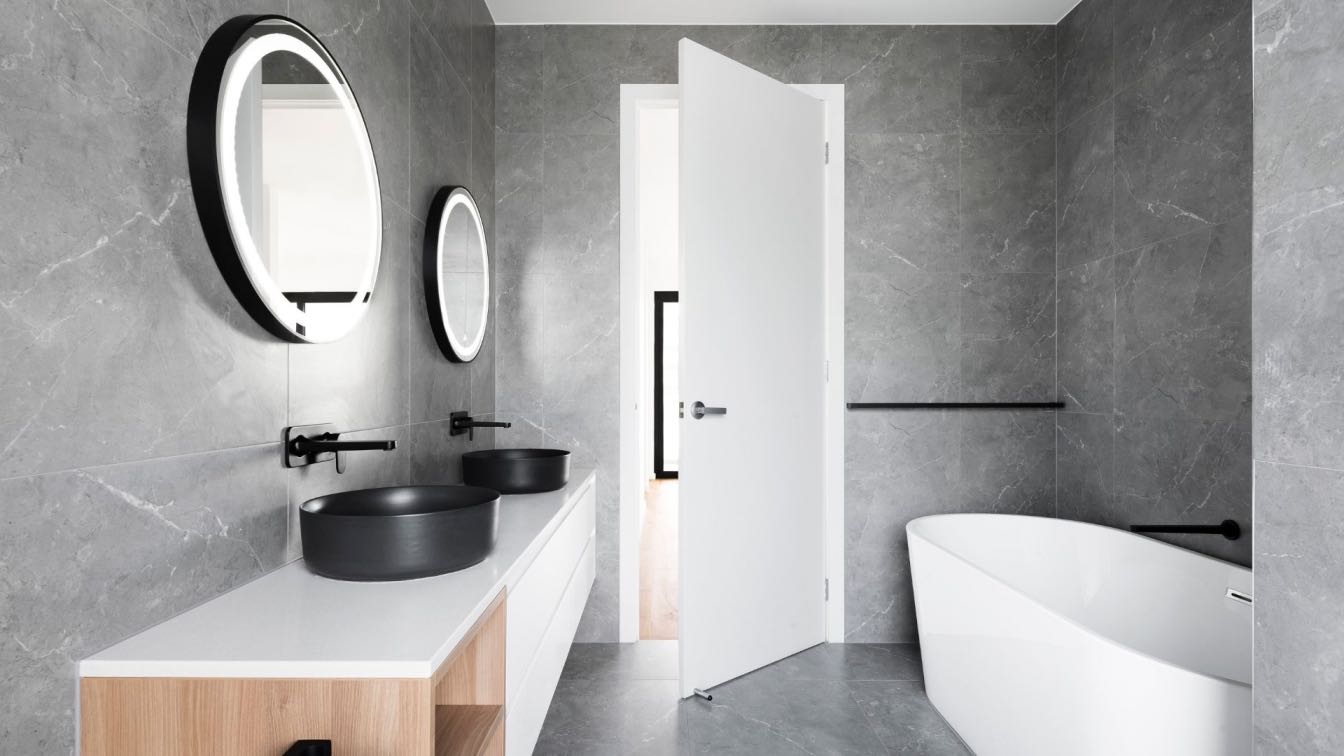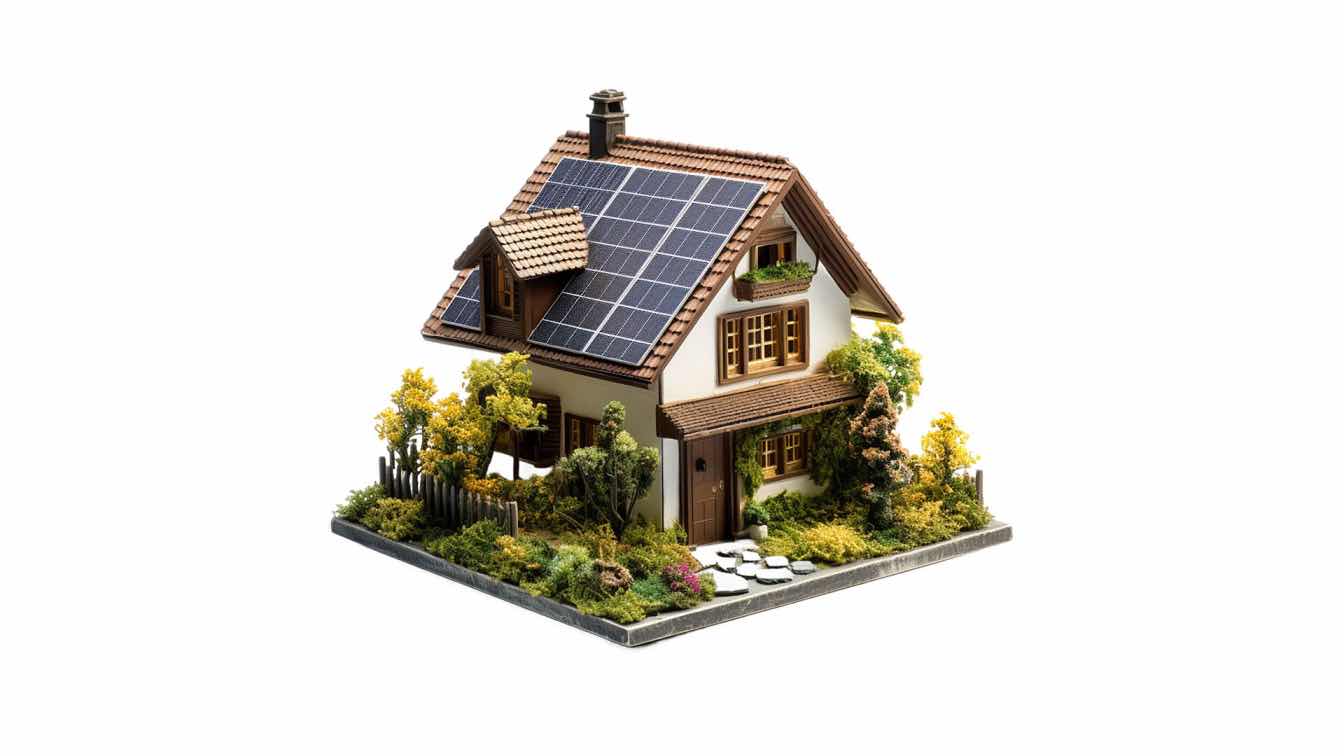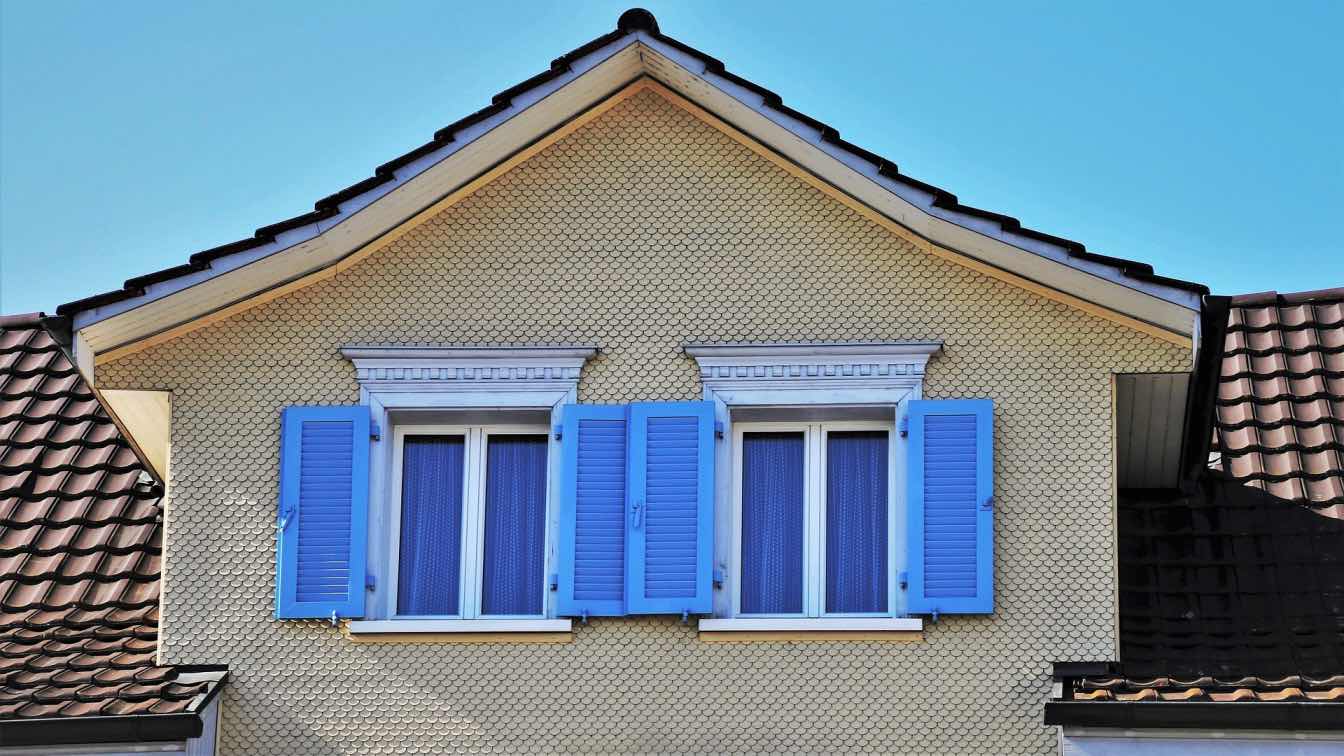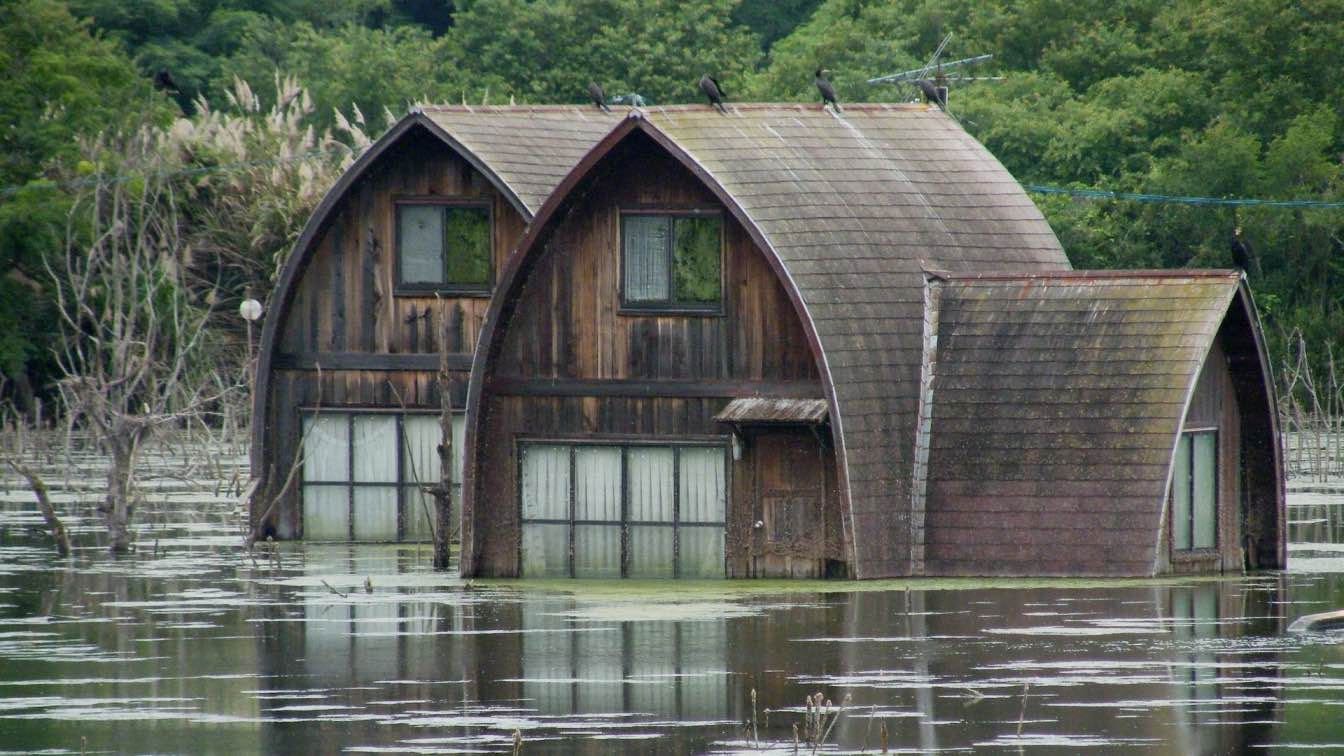Your home’s water heater is one of the most essential systems in your living space that works to ensure you and your loved ones’ comfort. Providing you with hot water on demand for all your taps and plumbing fixtures, a water heater certainly plays a critical role in your daily life.
Just imagine manually heating water every time you need to take a bath, do the laundry, or wash the dishes. While you may get away using cold water during summer or hotter seasons, imagine doing that during the cold winter months.
That said whether it’s your first-time shopping for a water heater or looking for a replacement unit, you’ll be faced with numerous types of water heaters in the market. So, which one suits your needs?
In this feature, information about the common types of water heaters available is shared, including their pros and cons to help you find the right one for your home. If you want a further useful reading, organizations like Boutique Home Plans also share some great pieces of advice on choosing the right water heater for installation in new home construction.
1. Conventional Water Heaters
A conventional tanked water heater is the most common type of heater that most people are familiar with. It’s considered the oldest, traditional unit available on the market.
As its name implies, tanked water heaters feature a sizable tank where water is heated and stored. These systems are usually powered by natural gas or electricity; however, some models may use oil or liquid propane.
Regardless of how they’re powered, traditional water heaters work the same way. Cold water is heated by the system to a pre-set temperature and stored within an insulated tank until you’re ready to use it. As you use hot water or when the temperature drops, the unit starts again and reheats the water.
Below are some of the pros of conventional water heaters:
- Low installation cost;
- Efficient across all climates;
- Requires very minimal maintenance; and
- Cost-effective in the long term.
Nonetheless, the following are some of their drawbacks:
- Take up a significant amount of space;
- Water availability is dependent on your tank size;
- Takes time to heat; and
- Increased energy waste.
2. Tankless Water Heaters
Tankless water heaters or on-demand water heaters are innovative systems that can produce an unlimited and constant amount of hot water as needed. These systems are growing in popularity due to their convenience.
Unlike tanked water heaters, on-demand and tankless water units don’t have tanks to store hot water. Instead, they’re designed to quickly heat water whenever it’s needed. With these types of water heaters, cold water runs through super-heated coils to heat water in an instant.
Tankless water heaters offer the following advantages:
- Hot water on demand;
- Space-saving;
- Lower energy costs; and
- Low maintenance.
Yet they bring with them the following cons:
- High upfront cost; and
- Only provides a limited supply of hot water.
3. Solar-Powered Water Heaters
With renewable energy on the rise, solar-powered water heater systems are now available. Obviously, these water heating systems work best in areas with plenty of sunshine. They offer little to no value at all to homeowners who reside in locations where snow covers roof-mounted panels for months.
Similar to traditional water heaters, solar-run water heaters feature large insulated tanks to store water until it’s ready to be used. The only difference is how the water is heated. With solar water heaters, device units utilize solar power to heat water in the tank. But to make it more efficient, some models may also come with either an electric or gas backup which only kicks in to heat water if your solar panels don’t have access to sunlight.
Water heating machines running on solar power bring the following boons to the table:
- Energy-efficient;
- Eco-friendly because they use renewable energy;
- Cheaper in the long run; and
- Tax credit eligibility.
Still, indicated below are their disadvantages:
- High installation and unit cost;
- Only suitable for properties that enjoy climates with sufficient sunshine; and
- Potential rooftop space requirements.
4. Heat Pump
Unlike other types of water heaters, heat pumps or hybrid water heaters are designed to work without generating heat directly. Instead, they use electricity to move heat from one place to another.
With a heat pump system, heat is captured from the air or ground and pumped through the unit to heat water. As a result, it consumes less energy compared to the traditional type of water heater.
Like traditional water heaters, heat pumps also feature large insulated water tanks. Plus, they also have a large pump mounted to the top of the tank.
Homeowners are said to enjoy heat pumps because they’re:
- Energy-efficient;
- Have long-term efficiency; and
- Call for minimal unit maintenance.
Even so, they bring with them the following cons:
- Expensive;
- Suitable only in a warm climate; and
- Require a larger amount of space than traditional heaters.
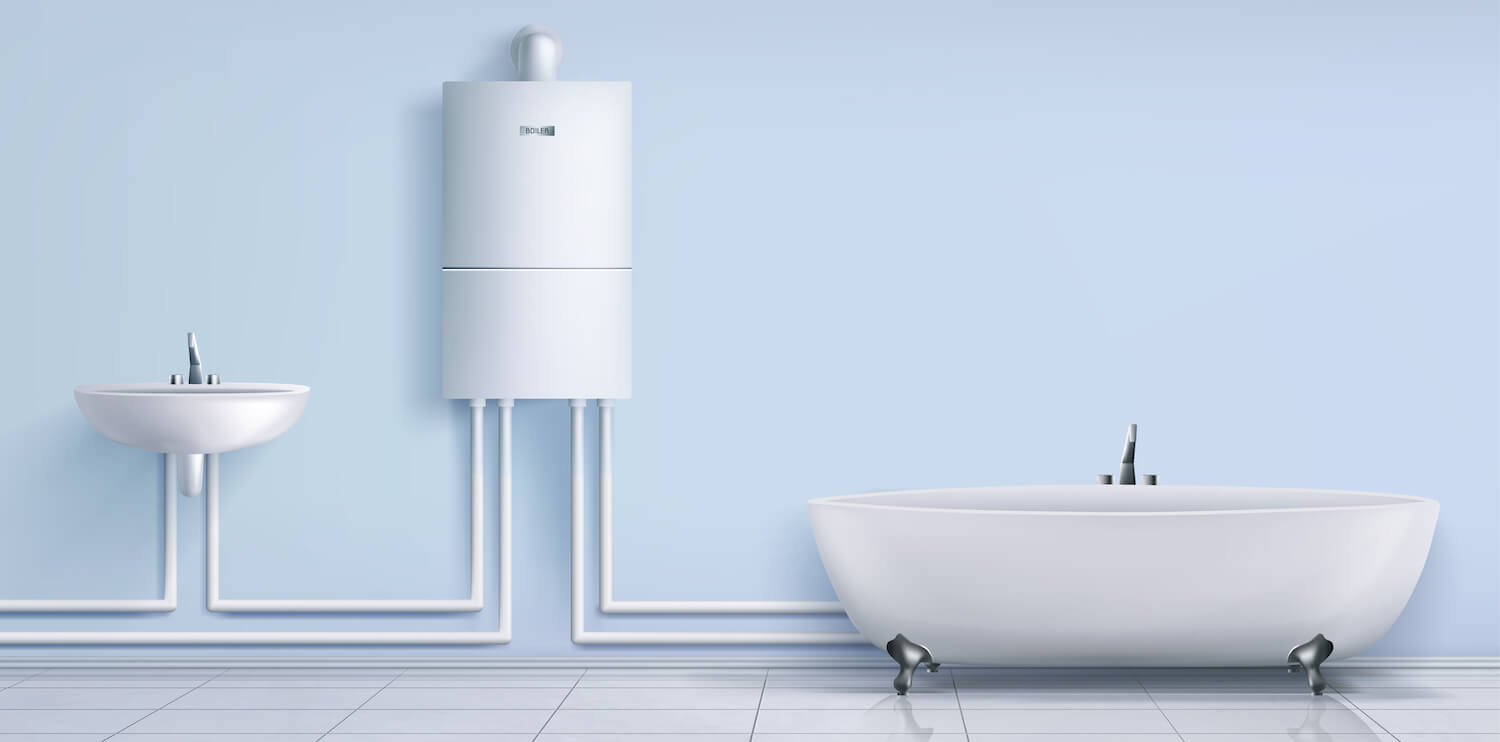 image © Vectorpocket
image © Vectorpocket
Conclusion
There’s no denying that a water heater is a valuable piece of equipment in your home. Everything from simple chores such as cooking or washing the dishes to taking a warm bath after a long day significantly depends on it.
As important as a water heater is, it’s crucial to choose the type that suits your home and needs. Hopefully, this post has provided you with the necessary information when deciding which type of water heater to purchase.
Michael Shelton
Michael Shelton is a heating contractor. He has been in the HVAC business for more than eight years. Michael also writes guest posts about any HVAC matters. During his free time, Michael loves to hike and swim.

